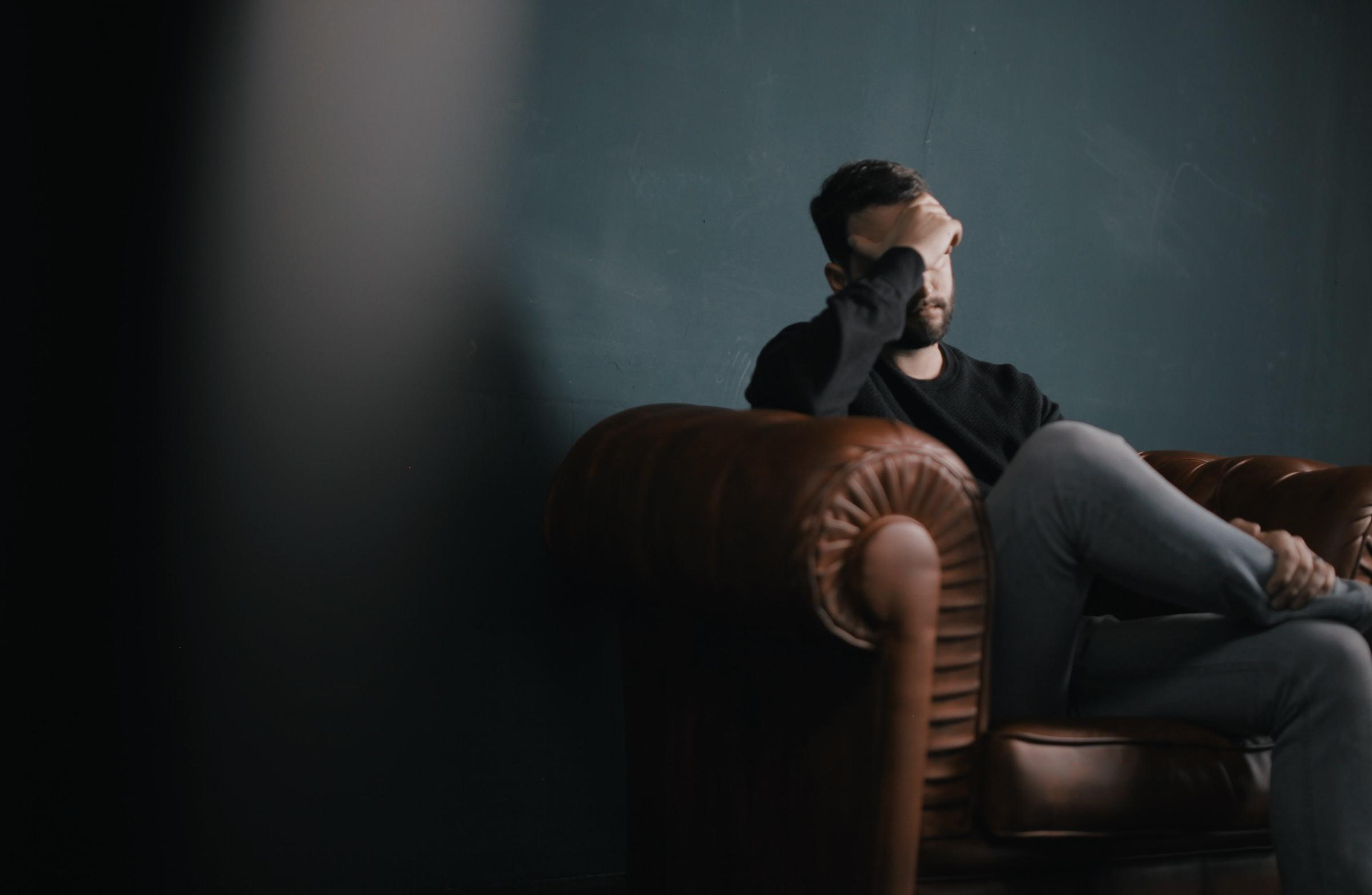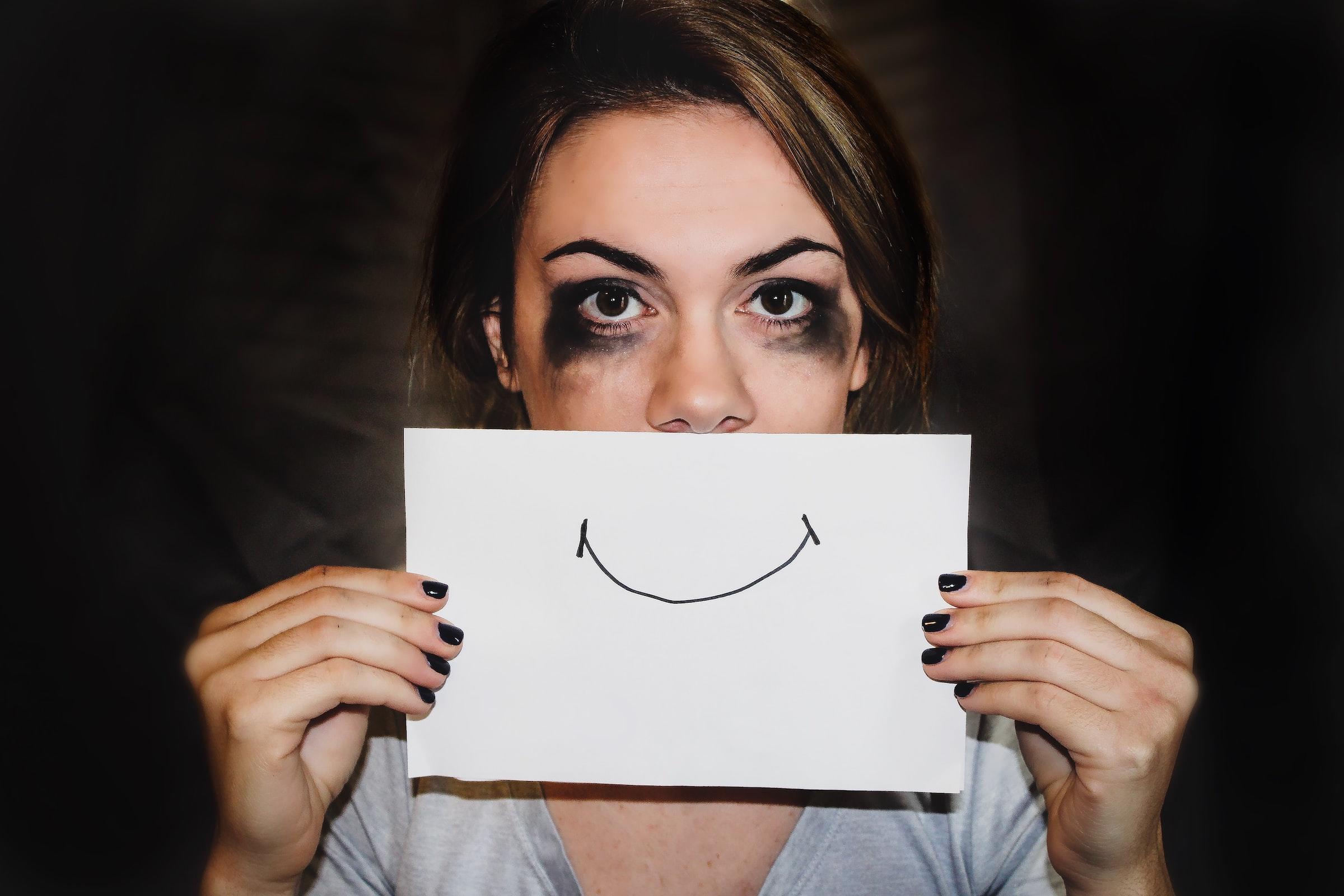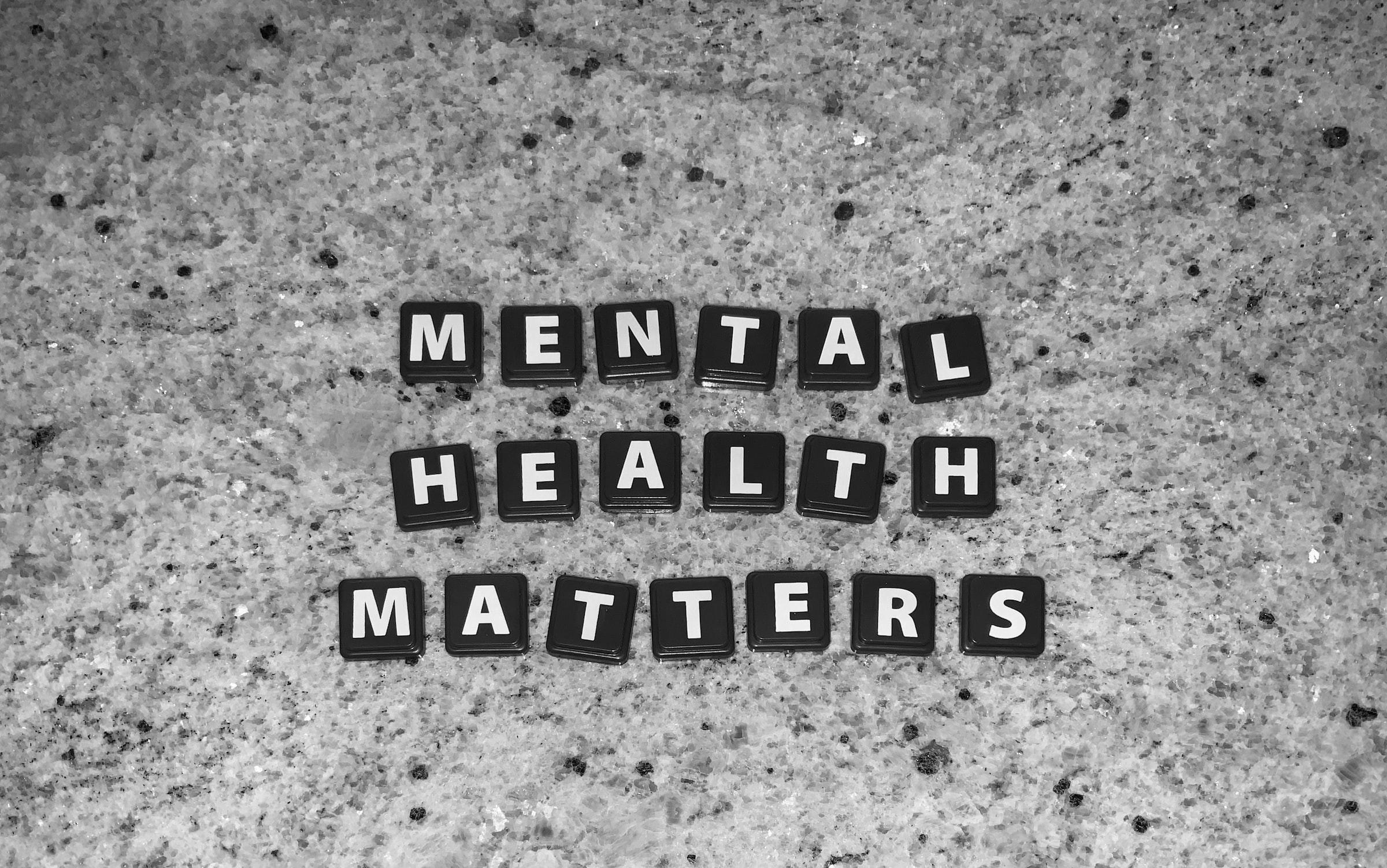Chapters
"I think it’s really important to take the stigma away from mental health… My brain and my heart are really important to me. I don’t know why I wouldn’t seek help to have those things be as healthy as my teeth." -Kerry Washington
Once and for all, let's eliminate the stigmas that are attached to mental health. Why is that important? Well, just like we take care of our physical body by getting checkups at the doctor's office, eating healthy, and exercising, our mental wellness needs support.
The first step to completing ending the prejudices associated with mental health is by talking about it. Rest assured and please memorise this phrase: by no means are you considered weak or powerless if you're having issues with your mind. The world is a tough and unforgiving place; therefore, all of us, at one point or another, are going to struggle with having the right headspace.
Mental health awareness is key in the classroom and the workplace.
Since it's a topic that is close to all of our hearts, without further ado, in today's article, we're going to focus on the best resources that can be potentially used in the classroom to promote a healthy mind.

What are the Major Mental Health Struggles Students are Facing Today?

Before we begin to promote good mental health and open the conversation up among children and teens, it's necessary to identify the major mental health struggles that students are facing today.
The 21st century has been hard on all of us and it's no surprise to learn that the decline in children’s mental well-being has been much in the news over recent years. It’s been suggested the rise in troubling mental health among young ones is the result of many factors such as the following:
- Difficult family circumstances,
- Increased social pressures in school to have good grades and to fit in,
- The rise in the use of social media platforms that promote a perfect lifestyle,
- A lack of recreational time outdoors that is away from the digital world,
- Forms of bullying both physical and online,
- The toll of poverty in all its forms.
All of these troubling circumstances cause students to develop or experience common mental health issues that are listed below:
- Depression,
- Anxiety disorders,
- Eating disorders like bulimia nervosa, anorexia nervosa, or body dysmorphia,
- Attention Deficit Hyperactivity Disorder (ADHD),
- ADD,
- Substance abuse.
The feelings of isolation and pain caused by the above-mentioned mental health issues may be so strong that it leads teenagers and young adults to incidents of self-harm.
Many teachers are worried about seeing increasing numbers of children with these challenging problems and it's often the case of dealing with issues beyond their expertise. And many parents worry about the seductive influences that surround their kids, particularly through the media. So, what can be done? Well, let's hope the top five resources in the following subheading are helpful.
What are the Top Five Resources to Use When Discussing Good Mental Health?

As was mentioned at the outset of this article, unfortunately, mental health has tended to be a taboo subject little talked about in families across the United Kingdom. Open conversations are necessary to determine whether a child is merely troubled with everyday feelings of anxiety or if they are becoming mentally unwell to the point of it inhibiting their daily life.
So, the point is clear, it’s essential to talk about the things that keep youngsters mentally healthy. Talking about mental health should be as commonplace as mentioning other aspects of a healthy lifestyle like diet, exercise, and activities such as music and recreation.
To encourage conversations, the government is initiating plans for every school to have a member of staff with awareness training to help with any mental health issues in schools. Promoting good mental health should be the aim of every educator whether young or old. But, what if you don't know how? Thankfully, there are plenty of resources available that help us all navigate through the complex aspects of good mental health. Such as? Let's take a look at five practical and helpful materials for use.
We All Have Mental Health
As the first helpful resource, the animated film for teachers and parents known as 'We All Have Mental Health' was produced to help both parties to facilitate conversations with children about their mental well-being. The creator of this sensational video is the Anna Freud National Centre for Children and Families. They aimed to make something that would create better relationships between parents, teachers and children which would facilitate the ease of bringing up sensitive issues of mental health with young people.
We highly recommend not only watching the video with your students but asking them thought-provoking questions that will cause them to see that sharing their mental issues with an adult can be both practical and liberating.

Go Ask Alice!
When first glancing at the name, you might think that Alice is a person, but, that's not the case. Based in the United States, Go Ask Alice! is a team that is supported by a team of Columbia University health promotion specialists, health care providers, and other health professionals, along with a staff of information and research specialists and writers. The Go Ask Alice! group has a lot of experience in their domain helping teens and young adults to make sense of the crazy things going on inside their heads.
On the Go Ask Alice! website, teens and young adults anonymously write statements or questions to get them answered by professionals. So, if you're a student or parent, have you ever wondered what teens are curious about? The following are just a few recent posts:
- Fear of rejection in romantic pursuits?
- What are the long-term effects of birth control pills?
- My friend competes with me and copies everything I do
- Roommate with body odour?
- My friends keep dumping their problems on me!
There are questions asked and answered weekly that are sure to pique your interest and greatly help you.
NAMI
NAMI or the National Alliance on Mental Illness is an incredible resource that features relevant information on mental illnesses and how persons can cope with them. It's comforting to know that one of NAMI’s primary objectives is to ensure that people get help early. Why's that? It's been discovered that mental health conditions typically begin during childhood, adolescence or young adulthood; therefore, seeking assistance before it gets the best of you is key.
The NAMI section of the website which is designed for younger people is wonderfully divided into sections such as Kids, Teens, Young Adults, What You Need to Know About Youth Suicide, and Youth and Young Adult Resources.
The Jed Foundation
What's the Jed Foundation? What's their purpose? Known by many as a Mental Health Resource Center that provides fundamental information about common emotional and mental health issues and shows teens and young adults. The tools and information that the Jed Foundation provides are essential for supporting one another, overcoming challenges, and making a successful transition to adulthood from the teenage years.
Some of the most recent helpful articles that were written include the following:
- How to Manage Eating Disorder Recovery During Holidays and Celebrations,
- How Can I Manage My Anxiety?
- Seize the Awkward,
- Why Do I Feel Weird or "Off",
- Signs Your Friend Might be Struggling.
We guarantee that you'll greatly appreciate the previously mentioned articles and many more. Explore the website and you'll find what you or your friend/family member needs to deal with positively with their mental health.
Hub of Hope
An outstanding resource that was created and is based in the United Kingdom, Hub of Hope is the UK’s leading mental health support database. It is provided by the national mental health charity, Chasing the Stigma.
Hub of Hope is really for all of us. Why's that? Well, either we're struggling with some mental health issues or we know someone close to us that is. Everyone needs to be assured that no matter what we are experiencing, or how we see and understand our experiences, we're welcome at the Hub of Hope.
The Hub of Hope can prove to be both a good online resource for parents, teachers and students.
In conclusion, we sincerely hope that all of the resources mentioned in today's article will aid you in understanding mental health issues in teens and young adults more adequately.











A lot of thanks for shared this post on public .